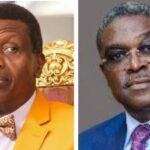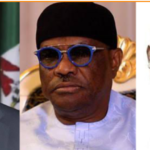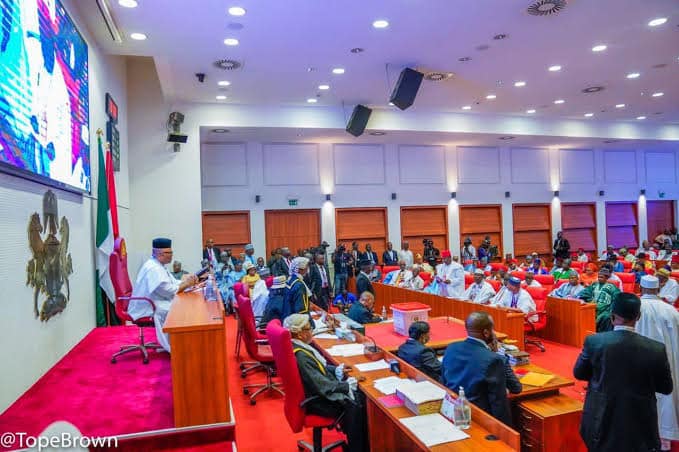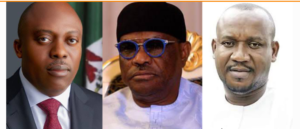Senate resolves to unbundle INEC, make E-transmission of results compulsory, allow diaspora voting
Senators have resolved to unbundle the Independent National Electoral Commission (INEC), which will see other agencies springing out of the election management body to carry out specific tasks.
The current INEC is responsible for the registration and regulation of political parties and their activities, maintain and update voter register, supervise conduct of primaries of political parties, conduct elections and prosecute election offenders.
But after a two-day retreat of senators in Ikot-Ekpene, Akwa Ibom state, they resolve to unbundle INEC. It is not yet clear what roles the Senate intends to divest from INEC.
The senate is also making the case for diaspora voting, at least for the presidential election, according to a communique issued after the retreat.
The senate aldo said electronic transmission of election results should be mandatory.
“INEC should be unbundled to improve its efficiency and effectiveness in the preparation and conduct of elections,” the communique reads.
“Relating to the use of technology in elections, remove the ambiguity evident in Section 64 of the EA22.
“Also, make electronic transmission of results mandatory from the next general elections in 2027, including the uploading of polling unit-level results and result sheets used at different levels of result collation.
“Introduce diaspora voting, at least for presidential elections, to enable citizens to vote, especially those on essential service abroad, such as military, paramilitary, and other security personnel abroad, Embassy staff, and other citizens.
“Relating to political parties; stipulate sanctions for failure to submit the register of party members not later than 30 days before the date of party primaries, congresses, or conventions in relation to Section 77(3) EA22, which the political parties have observed in the breach in the 2023 elections without penalty.”
The red chamber said a “comprehensive national security strategy” should be developed that addresses Nigeria’s needs.
“Promote community policing and engagement to identify and prevent terrorist attacks. The government should also work with civil society organizations and local/traditional communities to identify and address security concerns,” it said.
“Establish independent oversight mechanisms for the security sector. These mechanisms can help to investigate allegations of abuse and corruption and to ensure that security forces are accountable to the law.”
The upper legislative chamber added that it is necessary for the senate president and speaker of the house of representatives to be part of the security briefings that the president gets.










More Stories
Church elder reveals how Adeboye banned Iluyomade from stepping into RCCG, called members who defected demons
Justice Dongban-Mensem acceptance of Wike’s appointment as BOT chair of IBB Golf Club is judicial misconduct, says Odinkalu
U.S. alerts Nigerian Judiciary: ‘We are closely following Edo Election Appeal’